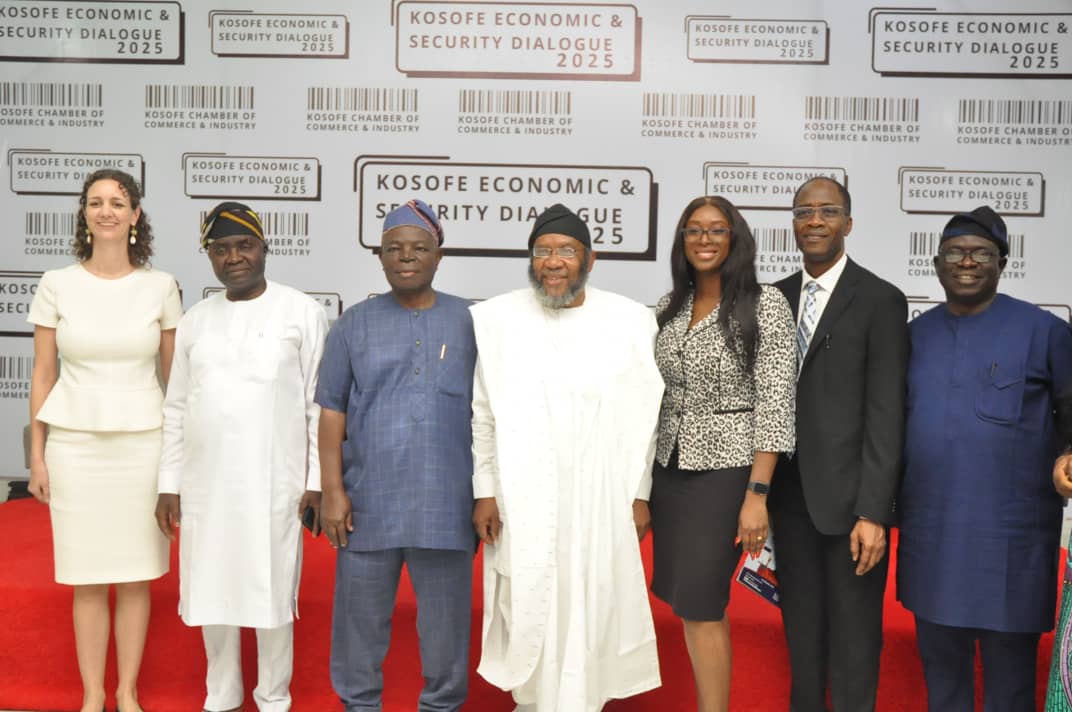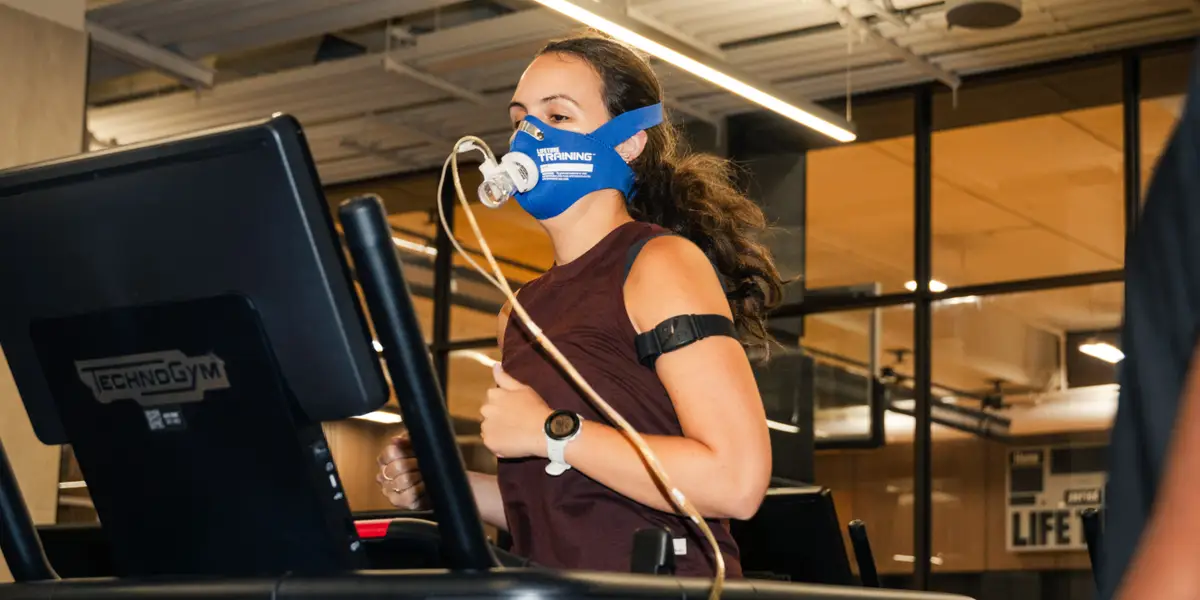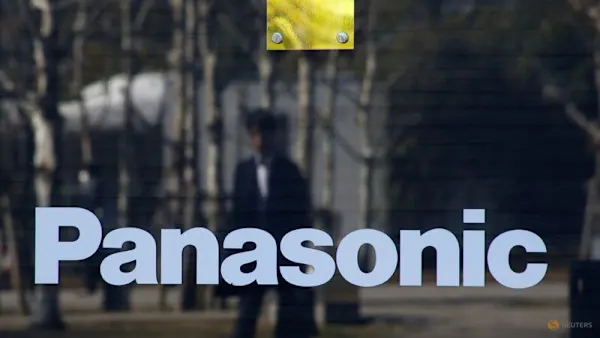By danivert,Ngozi Nwoke
Copyright thesun

By Ngozi Nwoke
Economic experts have called on the Federal Government to adopt a multi-dimensional strategy to tackle insecurity in Nigeria in order to revive the nation’s economy, noting that insecurity in its various forms has dealt a huge blow to Nigeria’s quest for sustainable economic prosperity.
Joe Femi-Daguro, President of Kosofe Chamber of Commerce while speaking at the 2025 Kosofe Chamber of Commerce Economic Dialogue affirmed the chamber’s commitment to fostering discussions that drive actionable outcomes for the benefit of the Nigerian economy and the security of stakeholders.
He added that from the Kosofe Economic Dialogue, strategies are expected to emerge that emphasise collaboration between government, private sector, and communities to address the intertwined challenges of economic growth and security.
Femi-Daguro expressed the hope for strategies that encourage investment in security infrastructure and technology to protect businesses and communities.
He also envisaged fostering community engagements and participation in security efforts to build trust and cooperation between citizens and security agencies, as well as promoting economic opportunities and initiatives that address root causes of insecurity like poverty and unemployment, particularly among the youth.
He also noted that enhancing public-private partnerships for effective security and economic development is crucial.
Also speaking at the dialogue, Abiodun Adedipe, Founder and Chief Consultant of B. Adedope Associates Limited warned that Nigeria’s economic growth will remain fragile unless matched with stronger security measures to safeguard lives, jobs, and investments.
Delivering his keynote through Laide John, CEO of B. Adedope Associates Limited, Adedipe said that while Nigeria’s growth figures are encouraging, they mean little if insecurity continues to undermine livelihoods.
“Growth without security is like pouring water into a basket. It will never hold,” he told participants, pointing out that insecurity costs Nigeria up to 2% cent of its annual GDP, billions of dollars that could fund infrastructure, schools, and hospitals.
He cited Nigeria’s economy growing by 3% in Q1 2025, with projections of overall growth between 3.3% and 3.7% this year.
Muda Yusuf, Founder/CEO, Centre for the Promotion of Private Enterprise (CPPE), and guest speaker at the summit stressed that insecurity is not just a social or political issue but fundamentally an economic problem.
“It erodes the foundations of growth, distorts markets, and deters investment,” he noted.
Yusuf, a former Director Generalof the Lagos Chamber of Commerce and Industry (LCCI), pointed out that insecurity has weakened investor confidence in Nigeria, affecting agriculture as well as the oil and gas sector negatively.
A panel of local and international business leaders at the dialogue discussed how Nigeria can balance economic growth with security imperatives. They deliberated on challenges like interest rates, skills gaps, and the need for collaboration in agribusiness.
Panelists included Mr. Jide Aremo of Supreme Microfinance Bank, Ms. Barbara Lehninger of the Austrian Embassy, Mr. Thomas Oloriegbe of NOSAK Group, and Mr. Duro Kuteyi of Spectra Industries Ltd.



